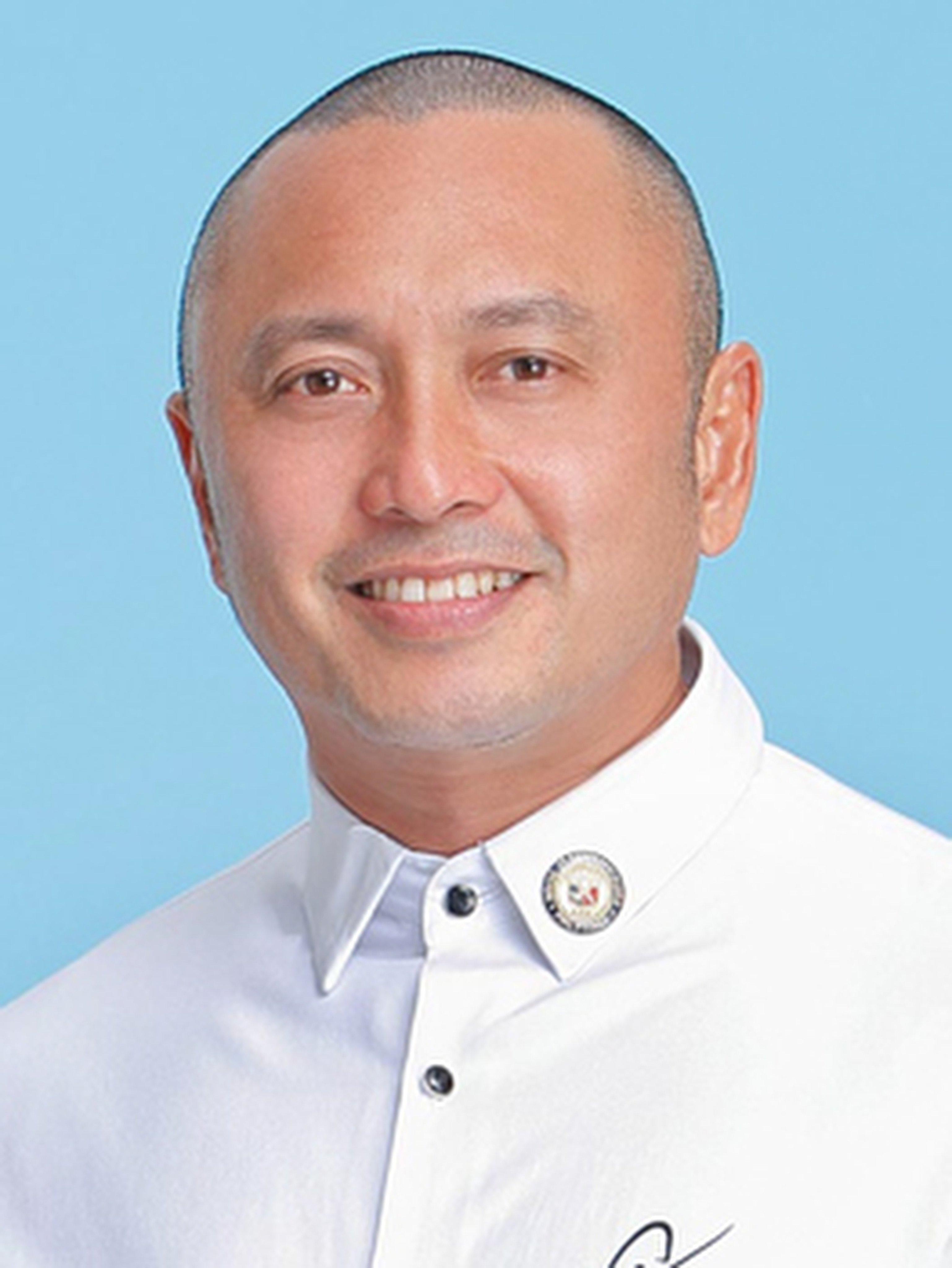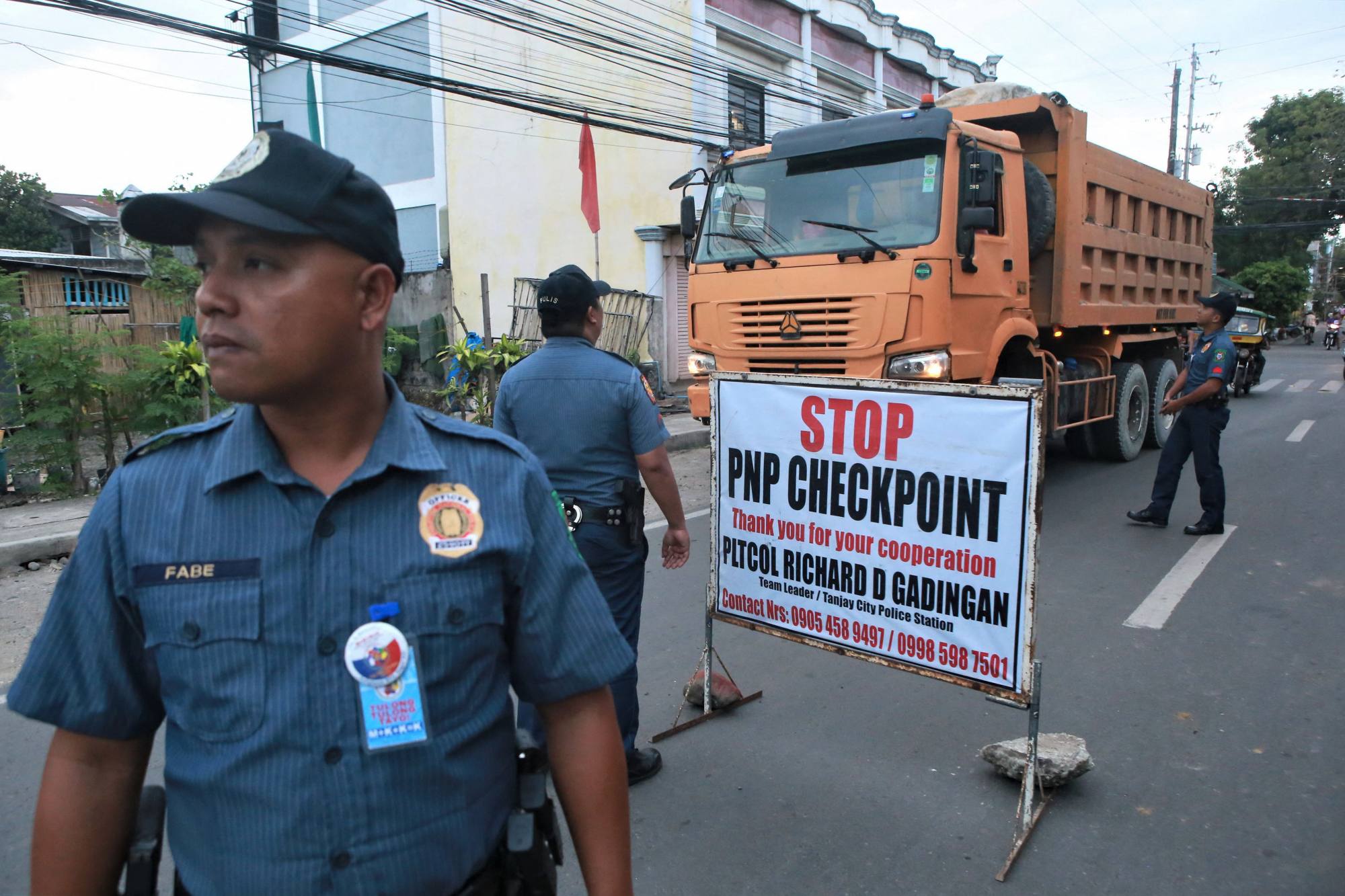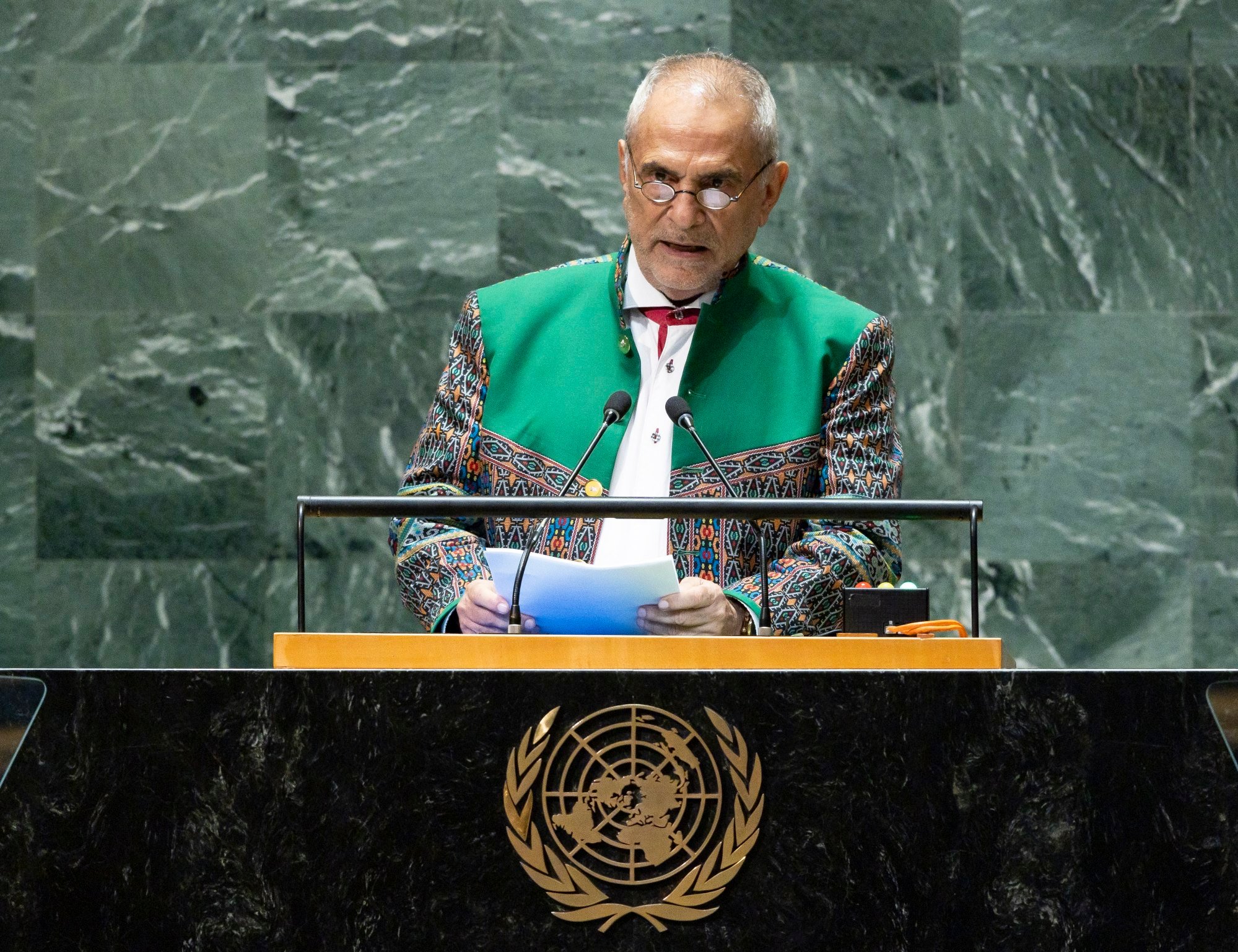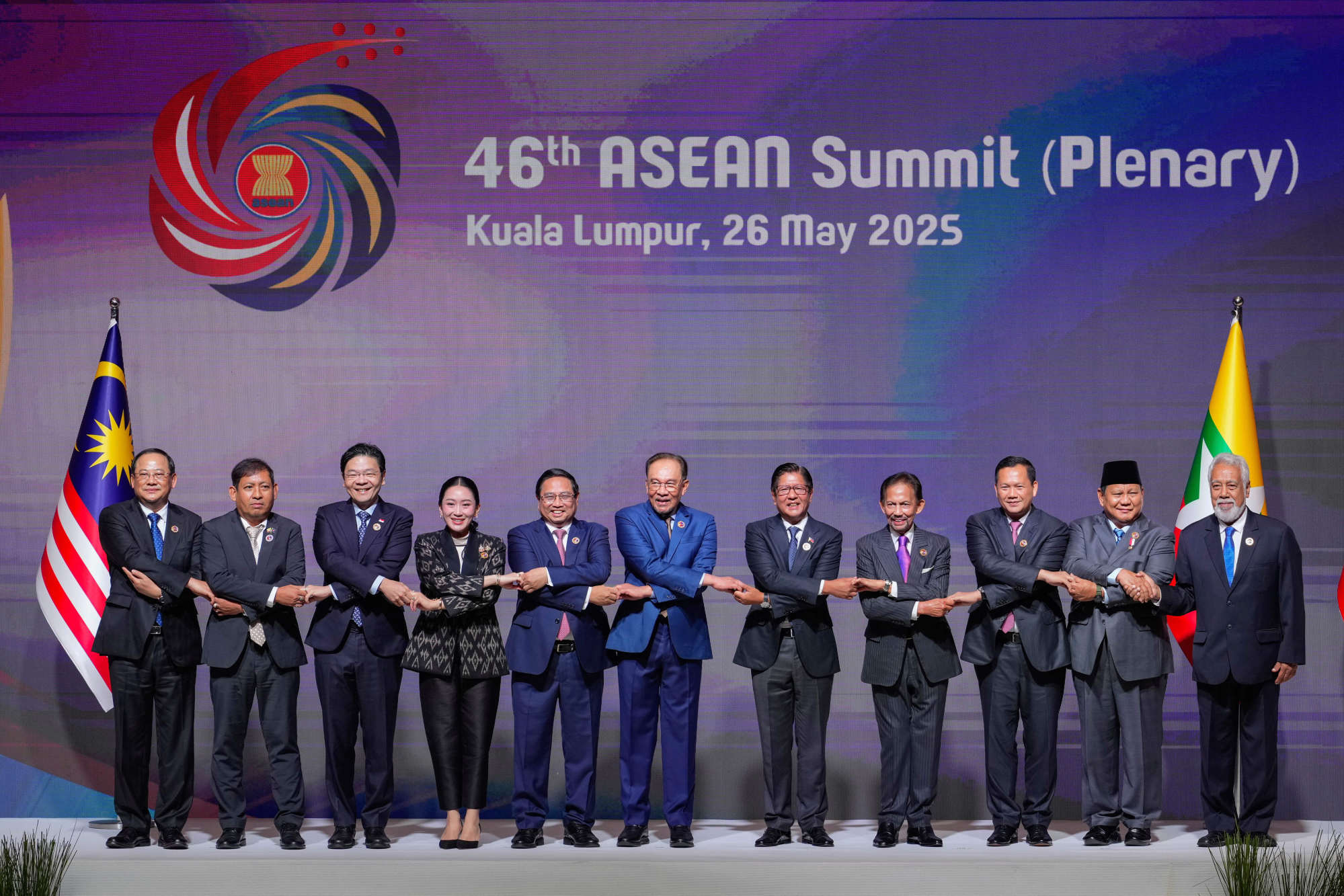Ex-Philippine lawmaker’s arrest in East Timor seen as linked to Asean membership
Arnolfo Teves Jnr, who was arrested at his home in Dili, is wanted in the Philippines on charges of murder and attempted murder

A former Philippine lawmaker who is accused of orchestrating a political assassination has been arrested in East Timor, in a move that analysts say is a sign of Dili’s desire to resolve an extradition dispute with Manila ahead of its expected entry into Asean.
Arnolfo Teves Jnr was apprehended in Dili in a joint operation by East Timorese police and immigration officials at his residence in the capital on Tuesday night, his son confirmed in a post on social media on Wednesday.
Teves, who has been on the run for more than a year, is wanted in the Philippines over the killing of Roel Degamo, then-governor of Negros Oriental, in March 2023. He faces multiple counts of murder and attempted murder.
He left the country days before Degamo’s assassination, citing medical reasons, and later sought political asylum in East Timor. The application was rejected, but Teves remained in the country amid a prolonged legal battle over his extradition.
His lawyer in Dili, José Ximenes, denounced the arrest as unlawful, claiming it had been carried out without a valid warrant. “The arrest carried out by authorities is inhumane and illegal,” Ximenes told local reporters.
The Philippines’ Department of Justice (DOJ) said on Wednesday it was ready to arrange Teves’ return “by the most expeditious means” but was awaiting clarity on the matter.
“While we welcome the recent pronouncements from East Timor indicating a renewed position that Mr Teves should not remain in their territory, we await their action – whether he would simply be deported for being an undocumented foreigner or extradited forthwith pursuant to our pending application,” the DOJ said in a statement.

Teves was first arrested in East Timor in March last year, following an Interpol red notice. In June that year, Manila said it had secured agreement from East Timor for extradition, with a local court approving the request. The decision was reaffirmed by the Court of Appeal in East Timor in December.
But in March this year, the same court reversed course and upheld Teves’ appeal against extradition, citing concerns of political persecution by the administration of Philippine President Ferdinand Marcos Jnr.
“It is peculiar that after having twice decided in favour of extradition – first in June 2024 and again in December 2024 – the [East Timor] Court of Appeal has now reversed its stance, taking a complete 180-degree turn to reject the Philippines’ extradition request,” the Philippine DOJ said in response to the ruling then.
Asean membership
The arrest came just days after the Philippines reaffirmed its support for East Timor’s bid to join the Association of Southeast Asian Nations (Asean).
Incoming Philippine foreign affairs secretary Ma. Theresa Lazaro said on Saturday that East Timor would continue to receive backing from Manila in its campaign for full Asean membership.
“I think it’s also Asean’s intention, particularly that of the chair, Malaysia, for Timor-Leste to become a member as soon as possible,” Lazaro said. “It’s probably one of the key deliverables of their chairmanship this year.”

Manila had previously taken a tougher stance over East Timor’s refusal to extradite Teves, warning that the issue could affect its bid for Asean accession.
Justice Secretary Jesus Crispin Remulla said in March that the situation was “not going to be pleasant for East Timor”, referencing the Philippines’ status as one of Asean’s founding members.
The Department of Foreign Affairs also expressed disappointment in March, with spokeswoman Ma. Teresita Daza saying East Timor had “not shown enough trust in the delivery of justice in the Philippines”.
While East Timor’s accession depends on its compliance with a set of the bloc’s technical criteria, Daza added that it must also reflect the “spirit of trust and cooperation that Asean member states accord one another, not only within the framework of Asean, but also in their bilateral relations”.
East Timor was granted observer status by Asean after its secession from Indonesia in 2002.
On Tuesday, Malaysian Prime Minister Anwar Ibrahim, who is Asean’s chair this year, said at the bloc’s summit in Kuala Lumpur that East Timor had worked hard to fulfil a list of preconditions for full membership and was just short of meeting “one or two conditions”.
Anwar added: “We are quite satisfied. The decision [among Asean leaders] was clearly to agree that they would become accepted as a full member by the next session in October.”

Gary Ador Dionisio, dean of the De La Salle – College of Saint Benilde’s School of Diplomacy and Governance, told This Week in Asia that while the Philippines was still waiting for updates on the basis of arrest against Teves, East Timor might have had a “sudden change of heart” at the Asean summit in Kuala Lumpur this week.
“Since East Timor will be accepted as a member state of Asean this October 2025, it must comply with the ‘community of states’ demands and requests’ as a part of its commitment to uphold Asean values and partnerships,” Dionisio told This Week in Asia.
Dionisio noted that only East Timor could provide a definitive explanation for the arrest. Still, he said its decision appeared to reflect not just bilateral considerations, but broader obligations to the Asean community.
“Thus, we might expect another course of action on the part of East Timor that might be similar to the Philippines’ request,” he added.